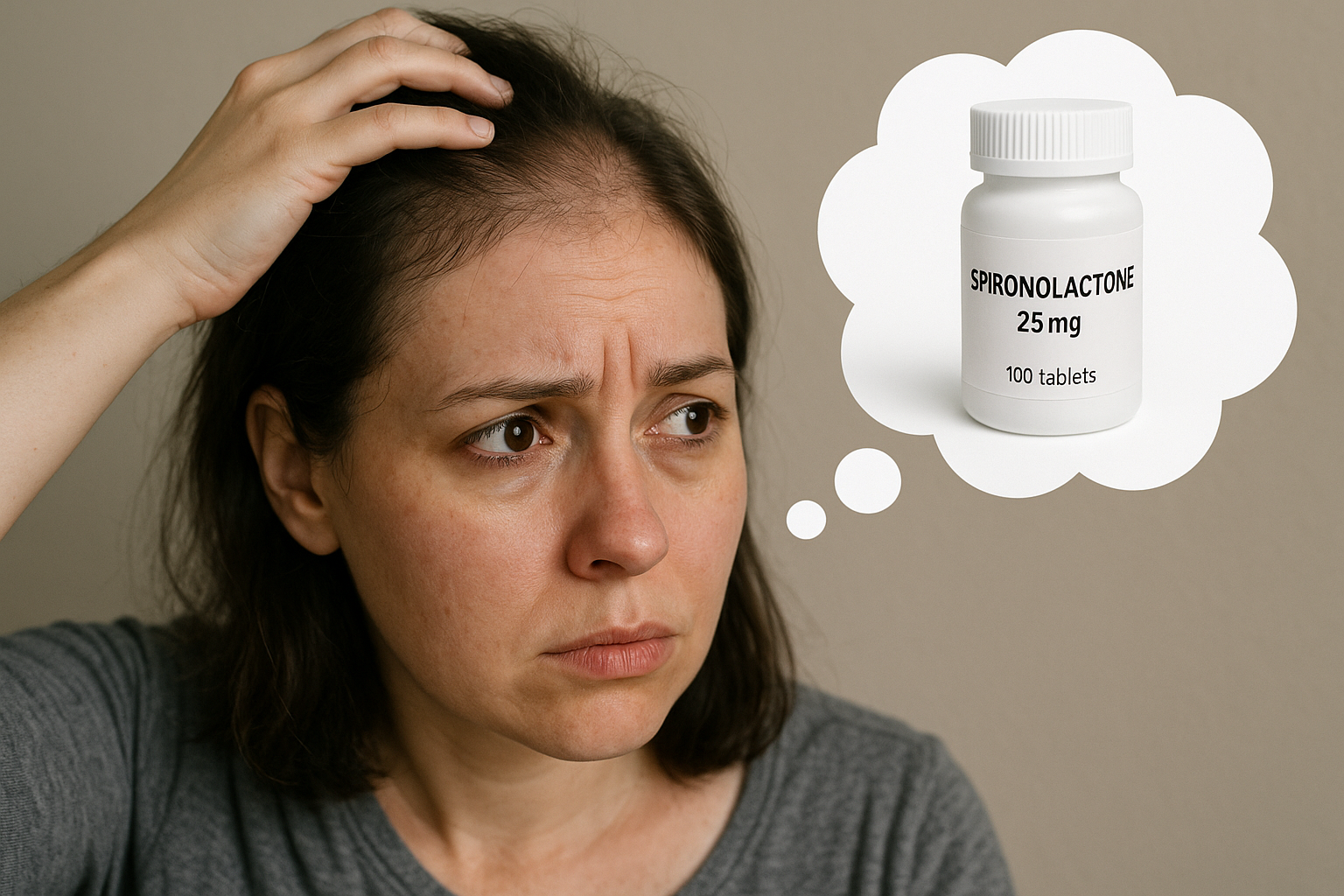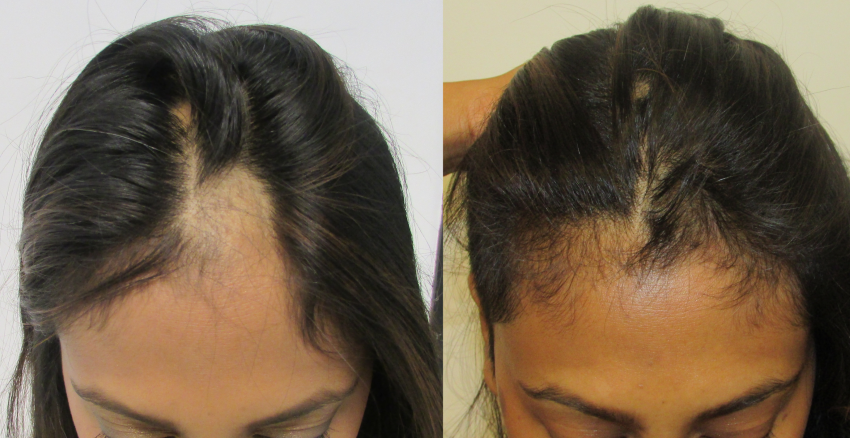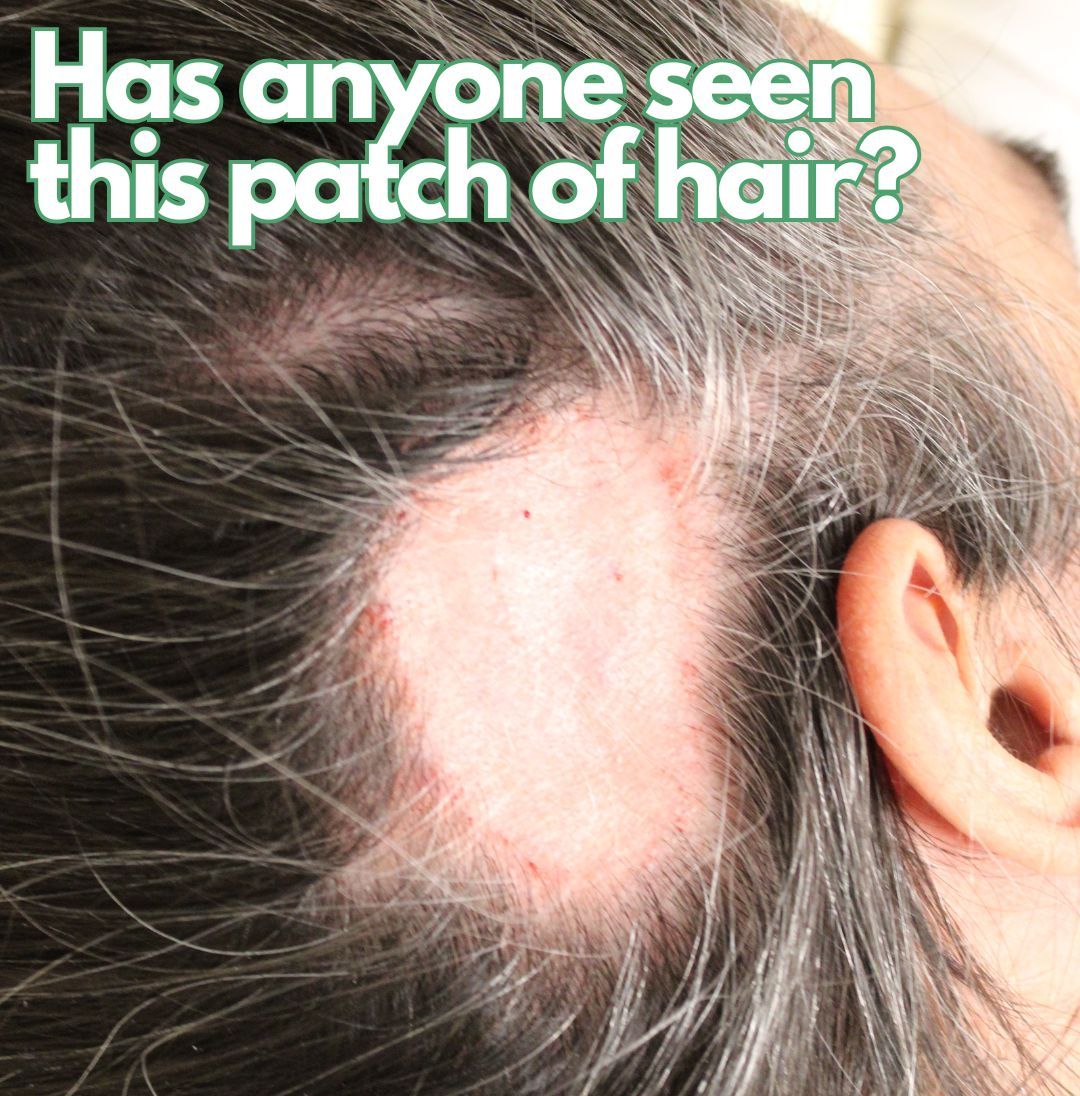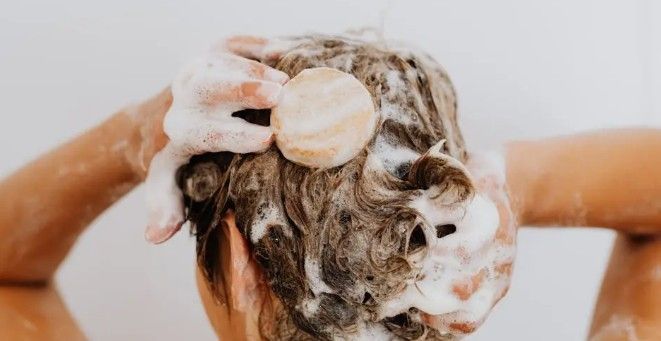How To Tell If You Are A Victim Of Hereditary Hair Loss?
There are two factors which contribute to your inheritance of androgenetic alopecia or hereditary hair loss. Read on to learn if you will be affected.
There are two factors which contribute to your inheritance of androgenetic alopecia or hereditary hair loss.
The first, which was discovered back in 1916, is the X chromosome that you inherit from your mother. You have a 50% chance of inheriting the baldness gene if your maternal grandfather has it.
Scientists had long suspected other factors were also involved however, since some men with the baldness gene don't lose their hair, and some who don't have the gene do. A study in 2004 found that men whose fathers had male-pattern baldness were 2.5 times as likely to have some hair loss than men whose fathers did not, regardless of their maternal grandfathers.
Further research found that chromosome 20 also includes a gene variation for balding. Unlike the X chromosome which is passed only from your mother, everyone receives one copy of chromosome 20 from their mother and one from the father. The gene variation for balding is neither dominant nor recessive, but additive. Men with one affected copy were 3.7 times as likely to show early hair loss, and those with two copies were 6.1 times as likely.
The McGill study calculated that about one in seven Caucasian men have both the chromosome 20 variation and the AR gene, which increases their risk of early baldness sevenfold.
How can you tell if you are going to go bald early enough to prevent it, you might ask?
Dermatologists have discovered that looking at hair shafts under the right kind of microscope can spot shrinkage years before it's apparent. There are additionally genetic tests based on the X chromosome gene.
At Stop and Regrow we us a combination of both photographic and blood tests accurately foretell whether you will or have already started to lose your hair and what hair loss type it is – despite it not even being visible to the naked eye.
Give us a call on 310-601-4778 to book a consultation and get tested.
Learn more about our DNA-BRC: Biochemical Report Card lab testing here.











